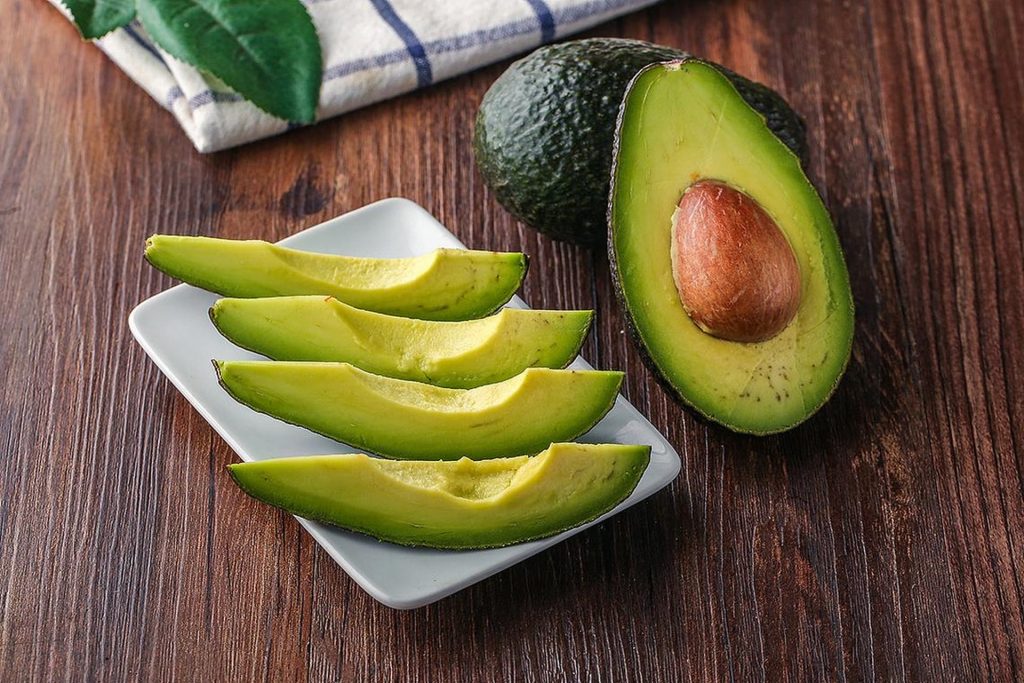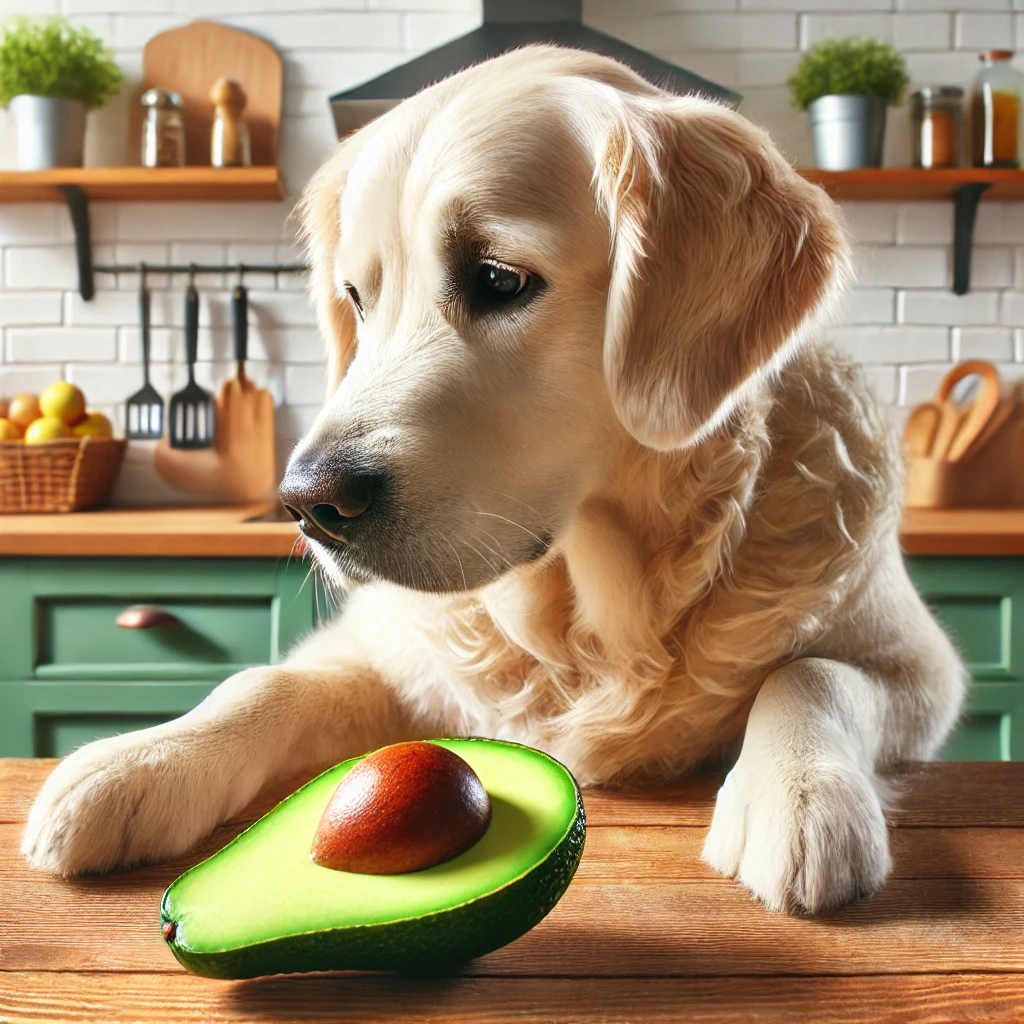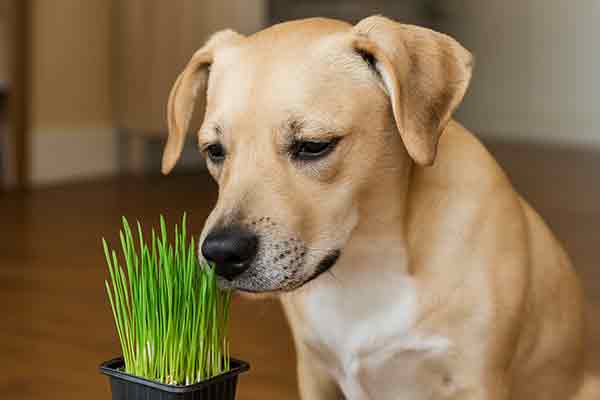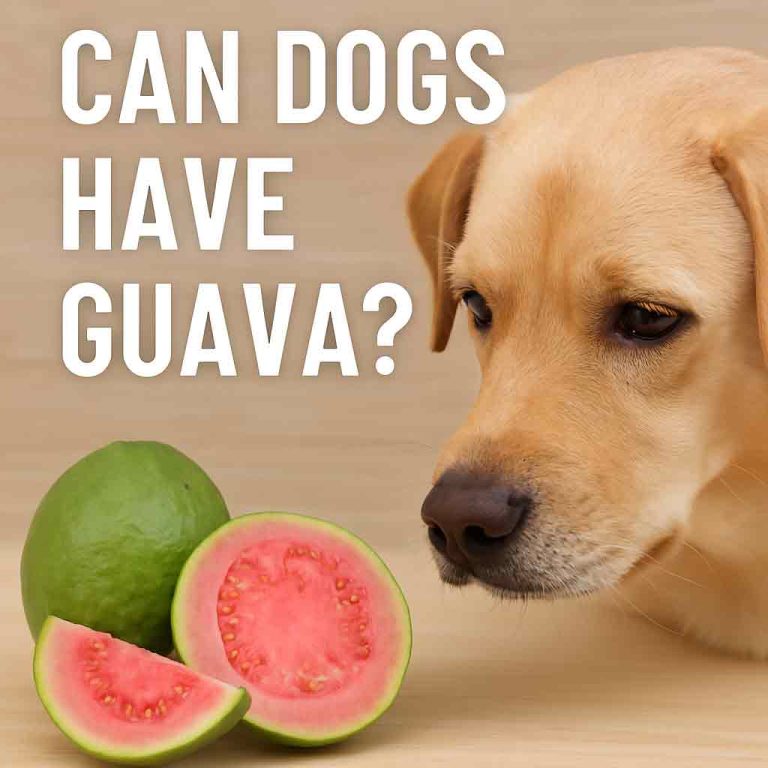Can Dogs Eat Avocado?
Avocados are a beloved superfood among humans, packed with healthy fats, vitamins, and antioxidants. But when it comes to our furry friends, many pet owners wonder: Can dogs eat avocado? Is it safe, or does it pose a health risk?
In this article, we’ll explore the benefits and dangers of avocados for dogs, break down what parts of the fruit are harmful, and provide safe alternatives.
Is Avocado Safe for Dogs?
The short answer: It depends. While small amounts of avocado flesh may not be harmful to some dogs, the fruit contains a toxin called persin, which can be dangerous in large quantities. Additionally, the pit, skin, and leaves pose choking hazards and contain higher concentrations of persin.
What Is Persin and Why Is It a Concern?
Persin is a natural fungicidal toxin found in avocados. While humans can safely consume it in small amounts, some animals, including birds, horses, and certain mammals, are highly sensitive to it. Dogs are less sensitive to persin than other animals, but consuming large amounts can still cause gastrointestinal upset, vomiting, and diarrhea.
The highest concentrations of persin are found in:
-
The avocado pit (seed)
-
The skin (peel)
-
The leaves and bark of the avocado tree
While the flesh of the avocado contains much lower levels of persin, excessive consumption can still lead to stomach issues in dogs.
Potential Risks of Feeding Avocado to Dogs
1. Gastrointestinal Issues
Even though the avocado flesh has minimal persin, some dogs may still experience vomiting, diarrhea, or stomach discomfort after eating it. This is particularly true if they consume large amounts.
2. Choking Hazard & Intestinal Blockage
The avocado pit is large, hard, and not digestible. If swallowed, it can block the esophagus, stomach, or intestines, requiring emergency surgery. Always keep whole avocados out of your dog’s reach.
3. High Fat Content
Avocados are rich in healthy fats, but too much fat can lead to pancreatitis, a painful and potentially life-threatening condition in dogs. If your dog is prone to weight gain, pancreatitis, or digestive issues, avocado should be avoided.
4. Toxicity in Other Animals
Even if avocado isn’t severely toxic to dogs, it is highly dangerous to other animals, especially birds, rabbits, goats, and horses. If you have multiple pets in your home, be extra cautious.
Are There Any Benefits of Avocado for Dogs?
When given in moderation, the flesh of the avocado does contain nutrients that can benefit dogs, including:
-
Healthy fats – Promote a shiny coat and healthy skin
-
Vitamin A, B6, C, and E – Support immune function and overall health
-
Fiber – Helps regulate digestion
-
Antioxidants – Reduce inflammation and support heart health
However, these nutrients can be found in other, safer foods without the risks associated with avocado.

How Much Avocado Is Safe for Dogs?
If you decide to share a small amount of avocado flesh with your dog, follow these guidelines:
✅ Only feed small portions (1-2 teaspoons for small dogs, up to 1 tablespoon for larger breeds)
✅ Remove the skin and pit completely
✅ Monitor for any signs of stomach upset
✅ Avoid feeding avocado frequently
If your dog has never had avocado before, start with a tiny amount and watch for any negative reactions.
What to Do If Your Dog Eats Avocado?
If your dog accidentally eats a small amount of avocado flesh, they are likely fine. However, if they consume:
🚨 A large amount of avocado flesh → Watch for vomiting, diarrhea, or lethargy
🚨 The pit or peel → Call your vet immediately (risk of choking or blockage)
🚨 Avocado tree leaves or bark → Seek veterinary attention (higher persin levels)
When in doubt, call your veterinarian for advice.
Safer Alternatives to Avocado for Dogs
Instead of avocado, consider these safe, dog-friendly fruits and vegetables:
🥕 Carrots – Crunchy, low-calorie, and great for dental health
🍌 Bananas – High in potassium and easy to digest
🍠 Sweet potatoes – Packed with fiber and vitamins
🥒 Cucumber – Low-calorie and hydrating
🍏 Apples (without seeds) – A good source of vitamins and fiber
Final Verdict: Can Dogs Eat Avocado?
While small amounts of avocado flesh are not necessarily toxic to dogs, the risks outweigh the benefits. The pit, skin, and leaves contain persin and pose serious health hazards. Additionally, the high-fat content can lead to digestive issues and pancreatitis.
If you want to keep your dog safe and healthy, it’s best to avoid feeding avocado and opt for safer, nutrient-rich alternatives instead.
When in doubt, always consult your veterinarian before introducing new foods to your dog’s diet.
Frequently Asked Questions (FAQs)
Q: Can dogs eat guacamole?
🚫 No! Guacamole often contains onions, garlic, salt, and spices, all of which are toxic to dogs. Never feed guacamole to your pet.
Q: Is avocado oil safe for dogs?
✅ In small amounts, avocado oil is generally safe for dogs since it contains little to no persin. However, it should only be used occasionally due to its high-fat content.
Q: Can puppies eat avocado?
🚫 No. Puppies have sensitive digestive systems and are more prone to stomach upset. It’s best to avoid avocado altogether.
Q: What should I do if my dog ate an avocado pit?
🚨 Call your veterinarian immediately. The pit can cause a dangerous intestinal blockage and may require emergency surgery.
By following these guidelines, you can keep your dog safe and ensure they enjoy a healthy, balanced diet. If you’re ever unsure, always check with your vet before feeding your dog something new.
Would you like a custom image to go with this article? Let me know!







